Starting with a quest for honour along the journey to become a better person, we get distracted by something darkly funny along the way to making better humans.
Arty-farty and over 2 hours of inexplicable scenes long, Gawain and the Green Knight (movie but also original Middle English poem with unknown 14th century author) is constructed so you see the shame and failure of heroes and kings, for they have resounding feet of clay, just like every other human.
Tales of King Arthur and the Knights of the Round Table inspire romantic views of deep seated honour, restraint, purity and love. Medieval commoners dreamt of a seat at the (proverbial and literal) table, meaning you were accepted, respected, revered by society. In truth, knights were thugs. They took what they wanted, when they wanted, and were just the biggest bullies with swords and armour. They were initially the pole opposite of what they were made out to be in folklore. The lore was to inspire them onto the straight and narrow.
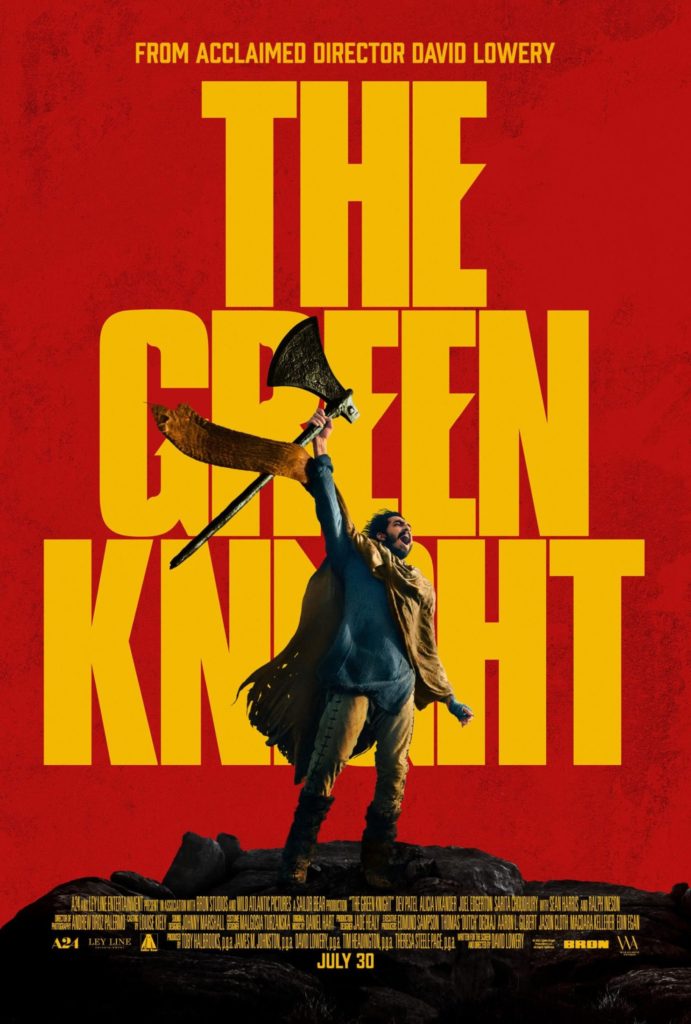
On Christmas Day, The Green Knight walks into King Arthur’s court. For some, this might sound like the beginning of a bad joke, but for us, more of an inside one 
Most of King Arthur’s knights demur – the Green Knight is, very literally, green. A creaking, talking tree shaped like a giant man, who rides in on an impressive horse, also green. (Commentators have drawn the analogy to Nature And Humans’ Perpetual Mistreatment Of, until the day Nature decides to clap back, for green is the colour of living things, but also decay, as all earthly bodies eventually will; The Green Knight originated in the pagan cultures of Nature deities predating Christianity.)
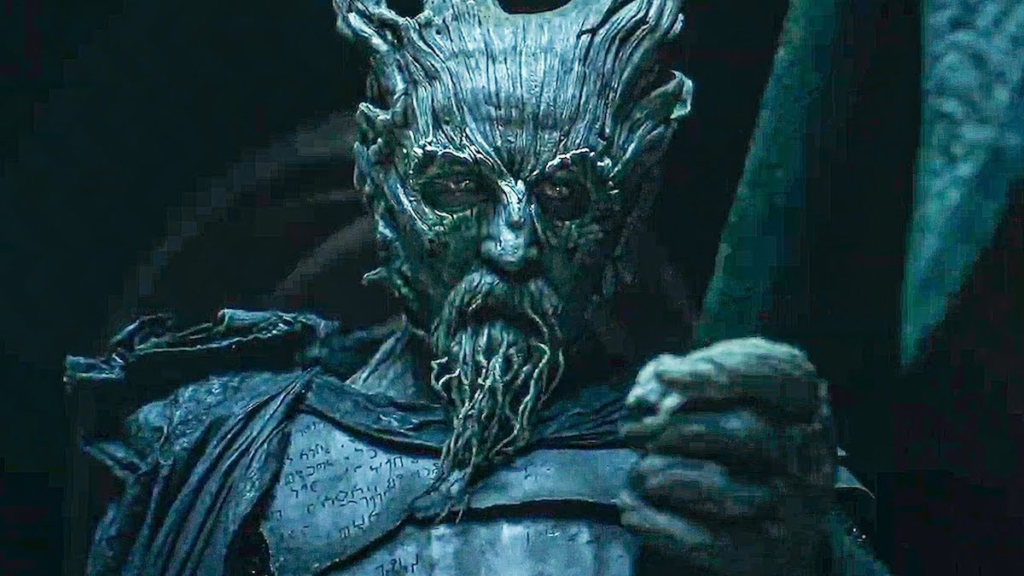
Gawain, the King’s nephew and heir to the throne, an immature wastrel expertly played by Dev Patel of Slumdog Millionaire fame, is eager to make a name for himself in the easiest way possible, and therefore steps forward: Lemme Make A Name For Myself The Easy Way – By Taking Down This Dude. Because years of training and character building are too much – yuck – work.
Just prior to the Green Knight’s appearance (which btw is engineered in the movie by Gawain’s mother Morgan LeFay* by casting a spell), his uncle had asked him for a knightly tale of valour and honour for their Round Table gathering. Gawain had bashfully returned that he has none. This is a superb understatement because he has just spent Christmas Eve the same way he does most nights, at the brothel.
*Not every version of Gawain and GK has LeFay, an apprentice of Merlin the Magician, as his mother (more later). The choice in this movie adaptation is significant – Gawain is a most flawed youth who, via many tests of character (that he fails and experiences ever greater shame in knowing) eventually grows into the strength of character required of him. (This is also the opposite of the original written work from the 14th century thereabouts, where Gawain will pass all the lesser tests, only to fail in the end.)
King: What do you hope to gain, by facing all of this? Gawain: Honour.
An immature Gawain decides that “honour” shalt be obtained by beheading the Green Knight in a “Free Lunch” move, for dead men return no blows. (Like, why can’t they just fistbump?)
Also, King Arthur talks of the peace he and his knights have brought to the lands not because it’s true, but because it is what great kings do. Talk. Of peace. On Christmas Day King Arthur’s Rally His Knights Speech ticks all the boxes… and then later you see bodies strewn about the battlefield just outside (everyone who might oppose is dead, as the people of the kingdom then resort to scavenging and robbery to survive. Because we all know how Brutus Is An Honourable Man.)
As for the Green Knight, he picks up his severed head, reminds Gawain he must now receive the same blow in a year’s time, and rides off on his green horse. Laughing.
Merry Christmas, dumbass.
Also a shining candidacy for the Darwin Awards, that ubiquitous list named after evolution scientist Charles Darwin, of people who “do humanity a favour by removing themselves from the gene pool.” Awards recipients include bungee jumpers whose home-made bungee cord is longer than the distance they are jumping, increasingly nowadays the idiots who post footage of themselves dangling off hi-rise buildings and cliffs on social media for likes.
Awards now include current relatively cool and otherwise harmless activities that become deadly because appropriate precautions were not taken. Caveat: Read/watch with respect. The stories are true, someone really died, and sometimes they had loved ones who were upset about the Awards.
Of note is the guy who spray painted his face with the regular easily available stuff meant for walls, because he didn’t show significant symptoms of the effects of toxic fumes inhalation until after his event was over,whereupon THEN he died. Then there is the medical student who successfully jumped between two buildings just two stories above the ground several times. Supposedly a “survivable” fall, he unfortunately hit his head on the way down the one time he missed.
So yes there is method to my madness drawing attention to horrendous list of otherwise perfectly healthy people (you must be “free of mental defect and sufficiently mature,” for the decision to qualify as “stupid”) and YES A GIRL CAME UP WITH THIS (yes there are girls who make the list too.)
A graduate in molecular biology from U.Cal Berkeley, Wendy Northcutt went on to study neurobiology at Stanford, specialising in cancer and telomerase research. The Darwin Awards was what she did in her free time. There are a heck lotta smart girls (and boys) out there who don’t spend their free time bitching or envying on or doing stupid things for social media, I’m just sayin’<shrugs>.
The Darwin Awards may be almost 30 years old, but even that’s nowhere near where it all began – Greek philosopher Plato, also considered the founder of Western political philosophy, thought certain human beings should not be allowed to reproduce. To that end, he purportedly created a mathematical formula to determine who should be allowed. (mathsisfunmathsisfunmathsisfun).
Long before Guardians of the Galaxy (aliens and a racoon in their ranks! The racoon’s the smartest one, he’s a weapons expert and battle strategist!), there were Plato’s Guardians of the Republic, a book in which he insisted power needed to lie with the smartest and most moral. The most important subject in the syllabus was to be that which affects the soul.
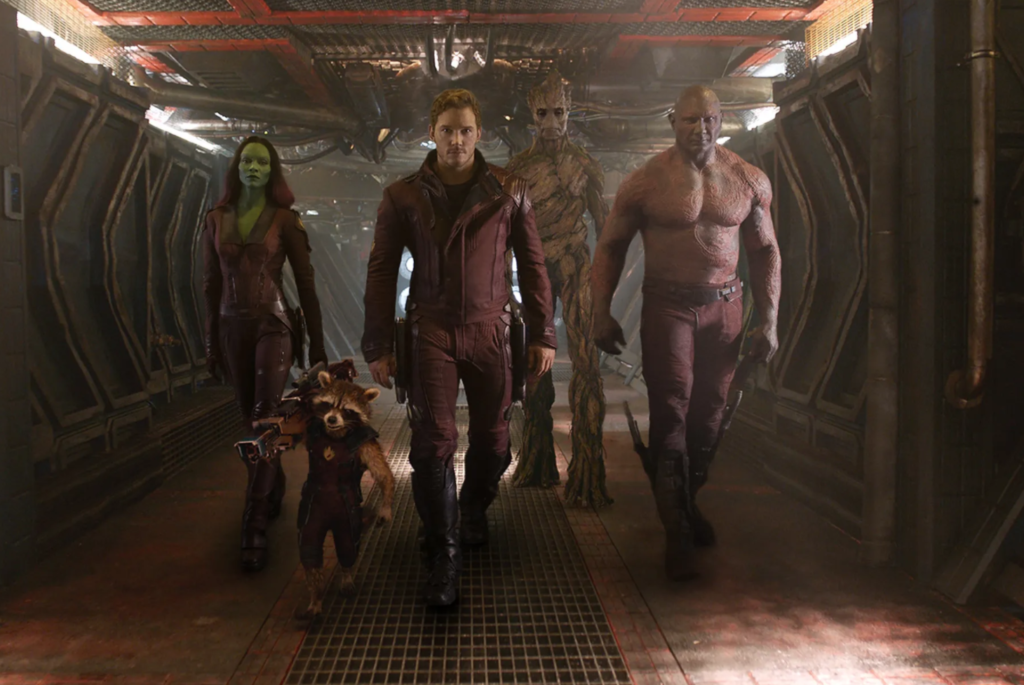
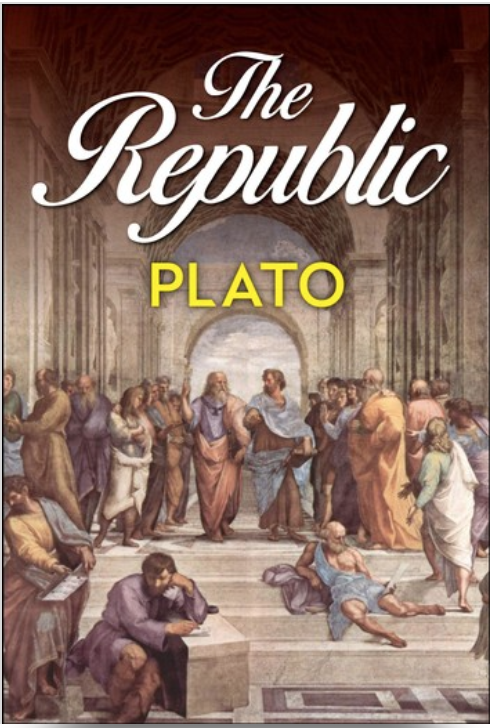
.
This is FREAKING TRIPPY because HOW do you decide WHO is “smartest and most moral?” Like, onna scale of 1 to 10? Just the “and” in that sentence is going to blow your mind because HOW are you going to price in correlation? How correlated are brains to strength of character (“are smart people necessarily moral/noble? “Not at all” = Darth Vader, “Totally” = Luke Skywalker? Star Wars fans will already know why I picked the Skywalkers because Vader wasn’t Pure Evil With Brains at all, early on. Monte Carlo Simulation that whole family, right down to WhatshisScarface who had the audacity to stab Han Solo (thereby also myself) through the heart with the lightsaber. Children Shouldn’t Play With Lasers Please.)
.
Anyway. If you don’t want to think about inclusion for racoons, how about for doctors? Off on a further tangent that included a brief listen to the discussions on gene editing (a “better” way to select “smartest and most moral”?), what struck me was how field experts like Dr Siddhartha Mukherjee would sit down with Nobel Prize winner Jennifer Doudna about CRISPR technology (to cure cancer, blindness, sickle-cell disease; also this article about a legally-blind-from-birth 55 year old having her vision restored with the technology), and when they opened the floor for questions from the audience, there were people who asked things like 1) whether the diseases cured first were those primarily experienced by white or by black people, and if 2) more people could be genetically modified to better adapt to life on say, Mars (Dr Mukherjee: he would like to cure cancer first, before sending more people to space.)
Referring back to Plato’s formula for reproduction rights, Dr Mukherjee also points out how he wouldn’t have been born either, because his second-degree relatives have a history of severe mental illness. His book The Gene: An Intimate History is dedicated to his grandmother whose life was consumed in protecting his uncles from the world, and which his older daughter read aged 13 (thereby learning her family history of said illness.) I mention as an illustration that what you do with the hand you are dealt can be much more important than the actual hand. True for life as well as for Uno. How many people strive to find cures, inventions, new ways of doing things because of as well as in spite of the hand they’re dealt.
SO, predicting improving futures by reading the genome and changing genetic information: Can we get another look at Plato’s “smart and moral” again, please? Maybe everyone gets to be racoons in the further future. O-r we could stay on Earth, have a lot more cures for existing ailments, and take that trip in the Metaverse. (Even Zuckerberg no longer thinks a “face book” is sucha good idea). AR/VR over Social Media.
OK back to Gawain and the Green Knight. Because we don’t genetically engineer strength of character. Here lies the journey to integrity, responsibility and maturity, of the guy who would be the next King.
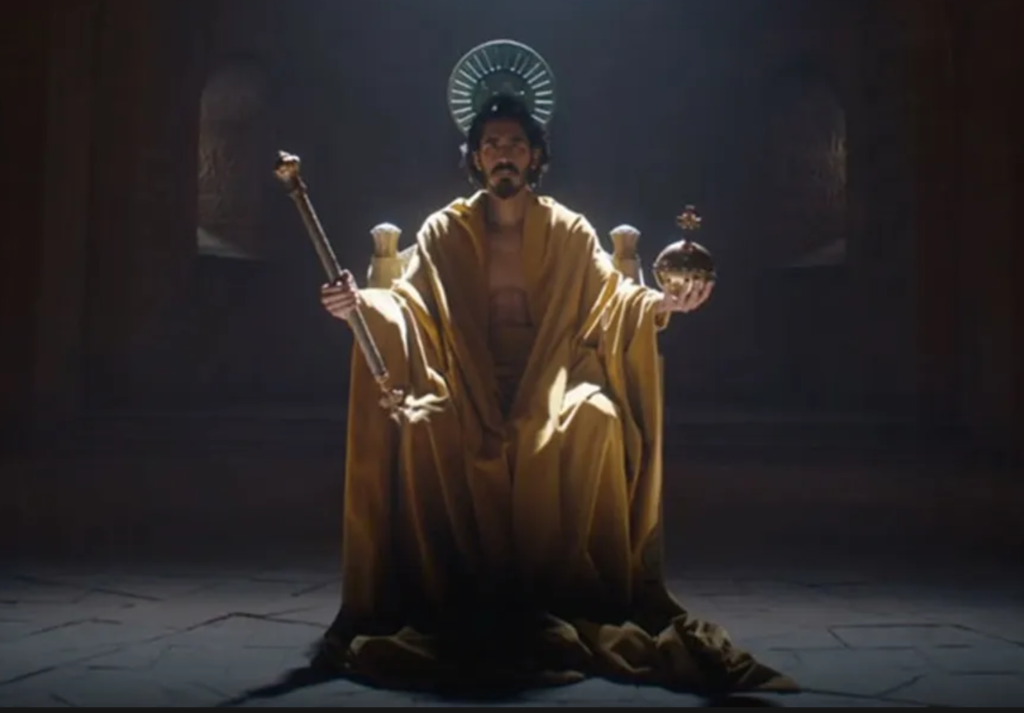
many weaknesses of character he displays along the way (which is
deliberate in the portrayal) – image from filmloverss.com
Why greatness, why is goodness not enough?
The line is spoken by Essel*, Gawain’s dalliance, a girl of lower class who is utterly in love with him, and whom he knows he will cast aside without thought when he claims the throne. For Gawain is not a good man, and his attempt at greatness is because he has no goodness within him. Greatness, his pursuit of, becomes his final attempt at justifying his royal lineage.
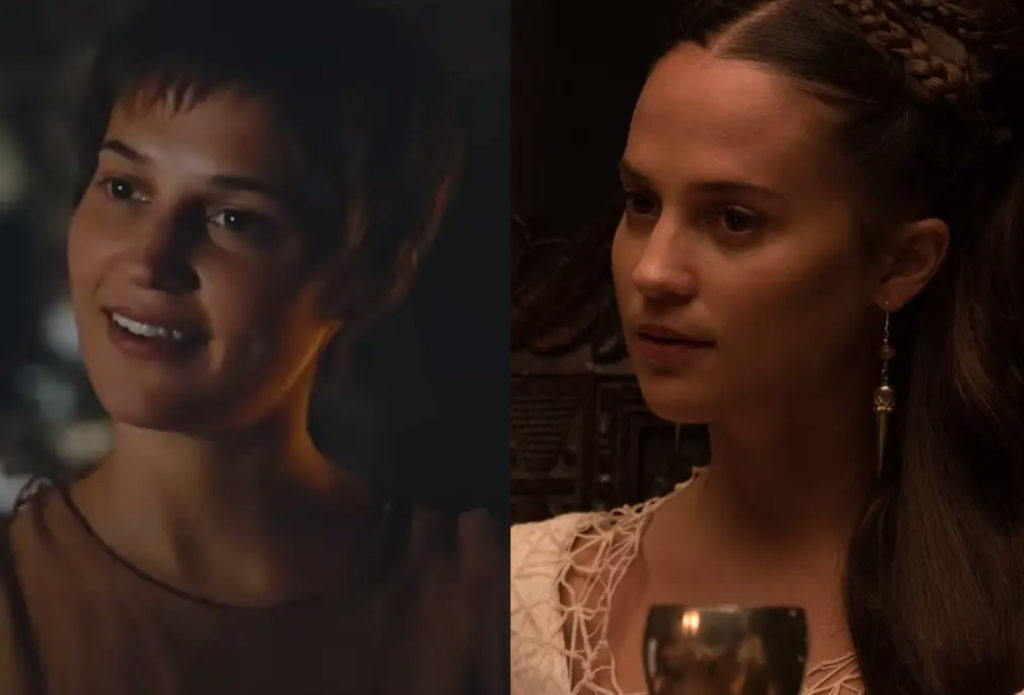
One of the central themes of the movie adaptation of this medieval poem is virtue as vanity. The pursuit of values (honour, morality) so they can be worn like a decoration, to make the nobility look good. Film footage pans to what he imagines life will look like as a ruler who is unworthy, and knows it.
Is it better to live in shame and dishonour, or to die honourably? Commentators have highlighted the obvious parallel to Japanese Samurai and their strict and elaborate code of conduct, of which death, before dishonour. (Yet while principles, it would seem, are for those who can afford them (everyone has a price. Cheap and low, or sky high, still a price), How ’bout a third option: Don’t take the high-risk, easy way out, keep honour intact. Walk away from idiot escapades, honour intact, AND alive. Also, watch more Darwin Awards for Stupid Things NOT To Try.)
Let’s not forget the Elephant in the Room. Bringing the Parent to the Party, Sarita Choudhury played Gawain’s mother so well that Lowery has said in interviews that he ended up expanding the part for her.
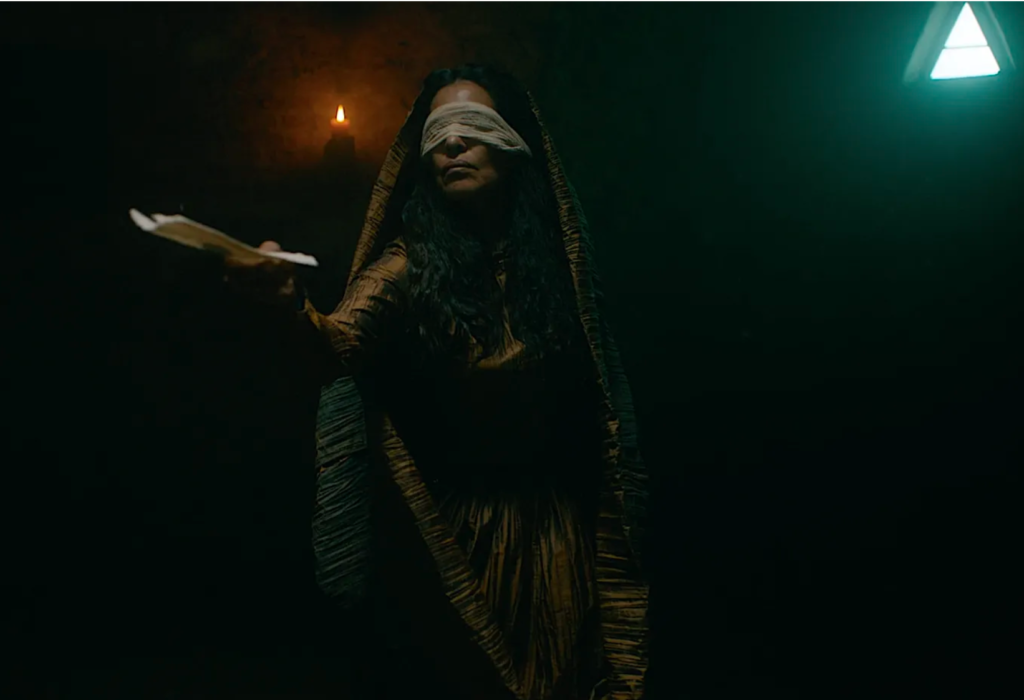
When Gawain beheads the Green Knight, his mother (who in the first place orchestrated the entire thing hoping her son would “grow up” only to have him do… that), then provides her son with the biggest out. She supplies a magic belt that will protect him from harm when he must fulfil his honour-bound pledge to receive the same blow (thereby defeating the whole purpose of the quest).
For story-teller and audience however, it is the eternal struggle a loving parent faces – we want our kids to grow up strong, resilient of both body and mind, of high integrity…. But our actively working towards this end for our kids ironically often risks achieving the opposite, we risk impairing the development of their “grit” (ref: Angela Duckworth). There is no safety net when Eagle Dad erm, Sends Little Eaglet off Into The Wide World (fine, pushes eaglet off cliff to fly or die). And where a parent stands on this is rarely binary, more like a spectrum. We’d just keep shifting back and forth, probably agonising along the way as well.
Morgan Le Fay illustrates this by doing something many parents can identify with – she tries to push her son into the deep end by summoning the Green Knight… only to balk when it goes too far. As Gawain draws closer to the Green Chapel, her voice (coming out of a wild fox, no less) will beseech him to turn back and come home to her.
In some poetic variation of Gawain’s own beheading challenge is also the role of the Ghost of St Winifred during one of Gawain’s lesser challenges. After being robbed (thereby also losing the Green Knight’s axe left behind for the 1yr term until he must deliver it and himself to receive its blow), Gawain comes across an empty house at one point and decides to spend the night, only to encounter the spirit. Unable to tell she has no physical body, guess what he decides to try, for she was a beautiful young girl in life.
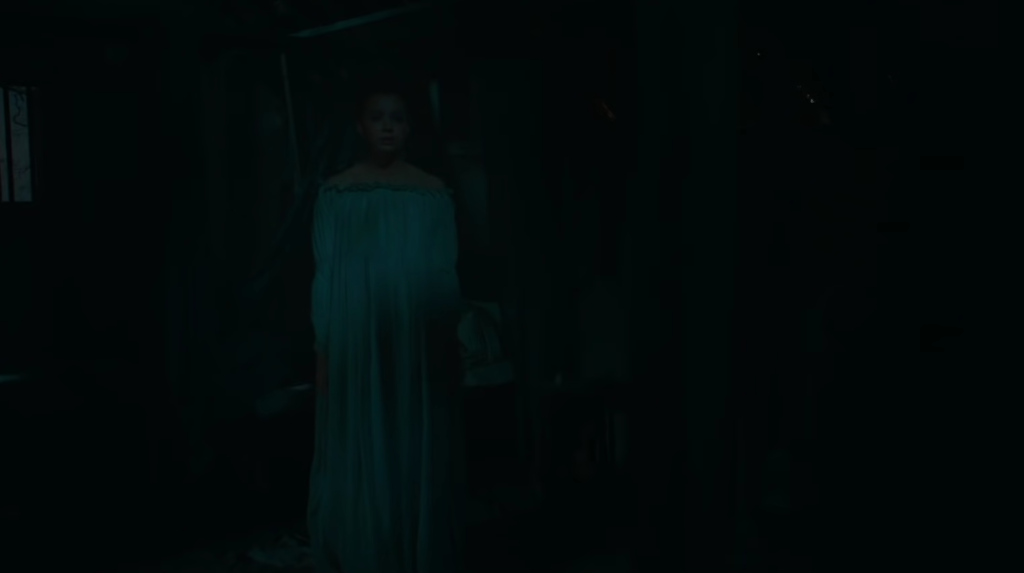
For resisting defilement (Winifred refuses a suitor’s advances only to end up physically having to fight him off as well), her assailant returned in the night and beheaded her while she slept. The people then named her St Winifred, and it is her head/skull, thrown into a pond by her assailant, that she requests Gawain help her retrieve. Again, Gawain’s response is less than noble:
What will you give me, if I do this?
Her voice of his conscience shames him: Why do you ask me this?
What he receives after he recovers her remains is…. the Green Knight’s axe, which he had earlier lost when waylaid by the scavengers of his uncle’s “peaceful kingdom,” so he can proceed on his quest.
We know the ending, but how we get there is quite the trip... After many, many, many, many struggles and bumbles, Gawain will finally face the Green Knight’s blow – without the magical protection of his mother. Whether the Knight actually deals the blow is left ambiguous, because the point of the telling is not Did Gawain Die In The End, it is his choice to be accountable for his actions.
Gawain: Is there all there is?
Green Knight (holding axe): What else ought there be?
Ends.
ps: Happy Diwali, dears


Hey very cool site!! Man .. Excellent .. Amazing .. I’ll bookmark your web site and take the feeds also厈I am happy to find a lot of useful info here in the post, we need work out more strategies in this regard, thanks for sharing. . . . . .